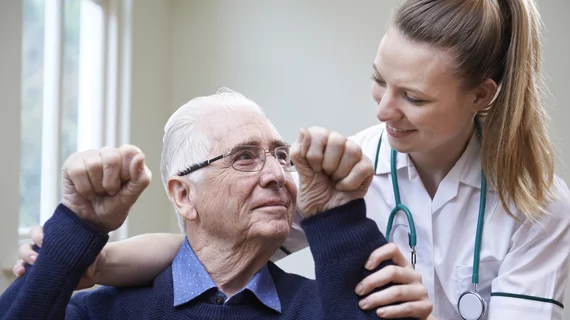Americans are delaying critical stroke care as a result of the ongoing COVID-19 pandemic by not dialing 9-1-1 when they are experiencing a stroke. That’s according to a new study published in the New England Journal of Medicine, which noted that timely care for stroke patients greatly decreases the risk of disability.
Stroke patients may have been less likely to call 9-1-1 due to fear of being hospitalized during the COVID-19 pandemic and catching the disease at a medical institution.
Researchers from Washington University School of Medicine and Stanford University gathered data from a commercial neuroimaging database associated with the RAPID software platform as a surrogate for hospital numbers of patients with acute ischemic stroke. A total of 231,753 patients went through imaging processed with RAPID software across 856 hospitals from July 1, 2019 to April 27, 2020.
The number of patients who underwent imaging fell in March 2020, decreasing 39% from 1.18 patients per day in the prepandemic timeframe to 0.72 patients per day in the early-pandemic timeframe. The trend was true across all age, sex and stroke severity subgroups.
“This suggests a decrease in the number of evaluations both in patients with severe strokes and in nonelderly patients who may have been at low risk for Covid-19 complications,” wrote first author Akash P. Kansagra, MD, of Washington University School of Medicine, et al.

